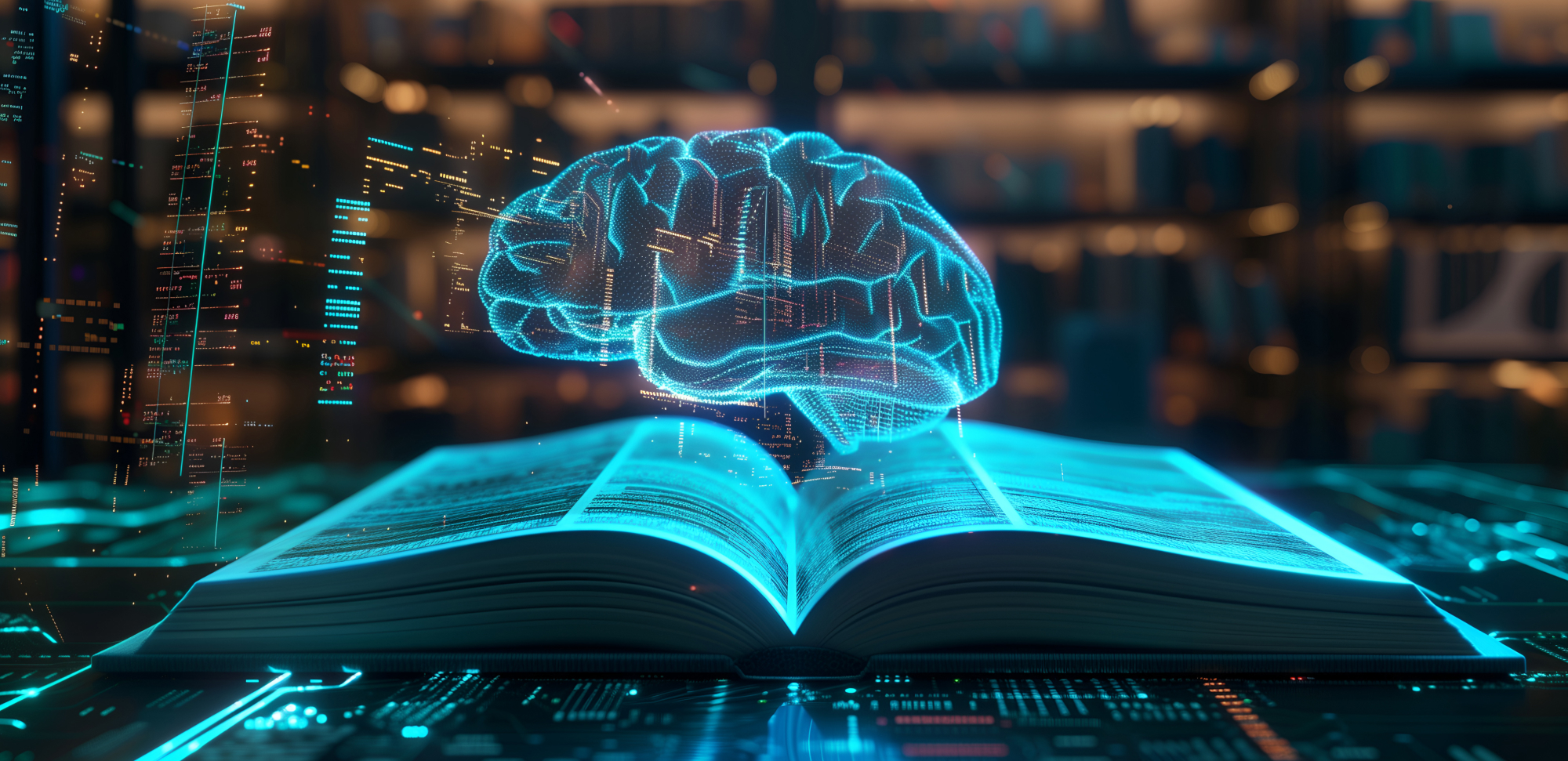Understanding Core and Optional Themes in IB TOK
The TOK course is a key part of the International Baccalaureate Diploma Programme, fostering critical thinking about knowledge's nature and its connections across fields. Students explore biases in various knowledge forms and appreciate diverse viewpoints.
The course is centred on a fundamental theme, "Knowledge and the Knower," complemented by five optional themes, from which students select two:
1. Knowledge and technology
2. Knowledge and language
3. Knowledge and politics
4. Knowledge and religion
5. Knowledge and indigenous societies
These themes are investigated through knowledge questions, which delve into the processes of knowledge generation, acquisition, dissemination, and application.
IB tutors suggest focusing TOK Exhibitions on a single knowledge question. Class teachings usually align with these themes, aiding in TOK Essay ideas. The IB's TOK Guide outlines knowledge questions and themes for assessments from 2022 onwards. Tips for excelling in the Exhibition, Essay, and understanding TOK are provided. Reading our article on navigating knowledge questions is recommended for scoring well in TOK!

Understanding Knowledge and the Knower
This theme prompts students to explore the factors influencing their perspective as knowers, including the origins of their values, and how these shape their understanding of the world. Students also examine the dynamics of knowledge interpretation and production within communities and among individuals.
Students may opt to base their TOK Exhibition on this theme. An effective approach could involve using an object to raise questions about a knower's assessment of the certainty of a claim and its contestability. For instance, this could include a tweet containing fake news, a news article fact-checking a politician's speech, or a historical propaganda piece.
This theme also provides an opportunity for students to evaluate how their own worldview influences their knowledge and reasoning. Utilizing an object that highlights personal assumptions or reflects on biases assessed in an IB class, for example, could be impactful.
Technology's Impact on Knowledge
Students explore how technology shapes knowledge creation, sharing, and the understanding of knowledge itself, while also considering its influence on individuals. This encompasses contemporary issues like artificial intelligence, data management, and social networking.
Technology also encompasses historical developments such as mapping, transportation, and communication.
For instance, the May 2023 TOK essay question—"Does it matter if knowledge acquisition occurs within 'bubbles,' excluding certain information and voices? Discuss with reference to two areas of knowledge"—can be effectively examined regarding how technology fosters echo chambers, reinforcing existing perspectives and potentially limiting idea exchange. It also prompts consideration of whether this phenomenon differs significantly from traditional discussion dynamics, given that academic discourse often occurs within like-minded groups.
This example facilitates discussions on knowledge questions concerning perspectives, methodologies, and tools.


